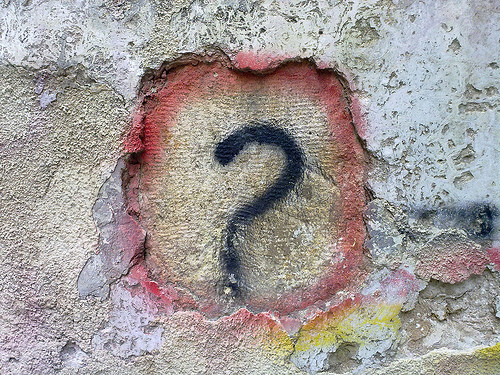 Last year, two psychology researchers set out to figure out whether the statistical results psychologists were reporting in the literature were distributed the way you’d expect. We’ll let the authors, E.J. Masicampo, of Wake Forest, and Daniel Lalande, of the Université du Québec à Chicoutimi, explain why they did that:
Last year, two psychology researchers set out to figure out whether the statistical results psychologists were reporting in the literature were distributed the way you’d expect. We’ll let the authors, E.J. Masicampo, of Wake Forest, and Daniel Lalande, of the Université du Québec à Chicoutimi, explain why they did that:
The psychology literature is meant to comprise scientific observations that further people’s understanding of the human mind and human behaviour. However, due to strong incentives to publish, the main focus of psychological scientists may often shift from practising rigorous and informative science to meeting standards for publication. One such standard is obtaining statistically significant results. In line with null hypothesis significance testing (NHST), for an effect to be considered statistically significant, its corresponding p value must be less than .05.
When Masicampo and Lalande looked at a year’s worth of three highly cited psychology journals — the Journal of Experimental Psychology: General; Journal of Personality and Social Psychology; and Psychological Science — from 2007 to 2008, they found: Continue reading “Just significant” results have been around for decades in psychology — but have gotten worse: study
 A retraction in a chemistry journal has us scratching our heads. And we’re apparently not alone — the authors are scratching theirs, too.
A retraction in a chemistry journal has us scratching our heads. And we’re apparently not alone — the authors are scratching theirs, too.





